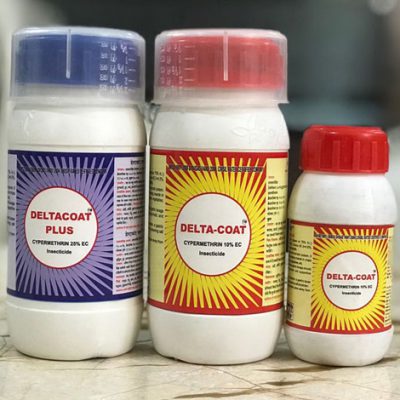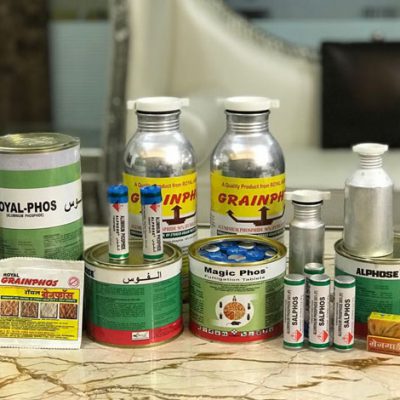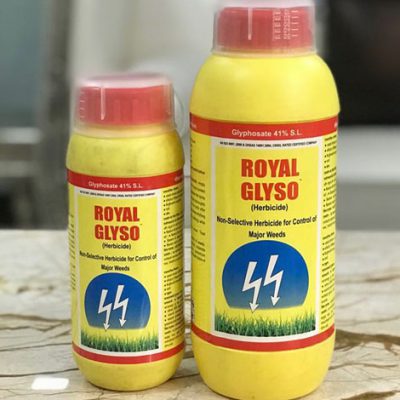Description
How does zinc phosphide work :
When zinc phosphide is eaten by either an animal or a person, stomach acid causes it to release the toxic gas phosphine. Baits containing zinc phosphide are especially dangerous to animals that cannot vomit, such as rats, mice, and rabbits.
The phosphine in the stomach then crosses into the body’s cells, and stops the cells from producing energy. This causes the cells to die. Zinc phosphide affects all cells, but targets cells in the heart, lungs, and liver.
Precautions :
Zinc phosphide is highly toxic to humans. A single swallow of zinc phosphide rodent bait could be fatal to a young child. Store the material in a cool, dry, and well-ventilated, secure area out of reach of children and domestic animals. Wash thoroughly after handling and before eating or smoking.
Symptoms :
Some symptoms of exposure to zinc phosphide and phosphine gas include headache, dizziness, vomiting, and difficulty breathing. Liver and kidney failure, convulsions, delirium and coma may also occur if a person is exposed to enough phosphine. Signs of poisoning in animals include vomiting, anxiety, and retching.
First Aid :
DO NOT DRINK WATER. Do not administer anything by mouth or make the patient vomit unless advised to do so by a physician. Move person to fresh air. If person is not breathing call an ambulance, then give artificial respiration, preferably mouth-to- mouth
Guide to Physician :
There is no specific antidote. Very thorough gastric lavage is usually indicated. 3% – 5% sodium bicarbonate gavage has been suggested. Treat supportively and symptomatically.
Disposal
Container Disposal Plastic Containers : Triple rinse (or equivalent). Then offer for recycling or reconditioning, or puncture and dispose of in a sanitary landfill, or incineration, or, if allowed by state and local authorities, by burning. If burned, stay out of smoke.



